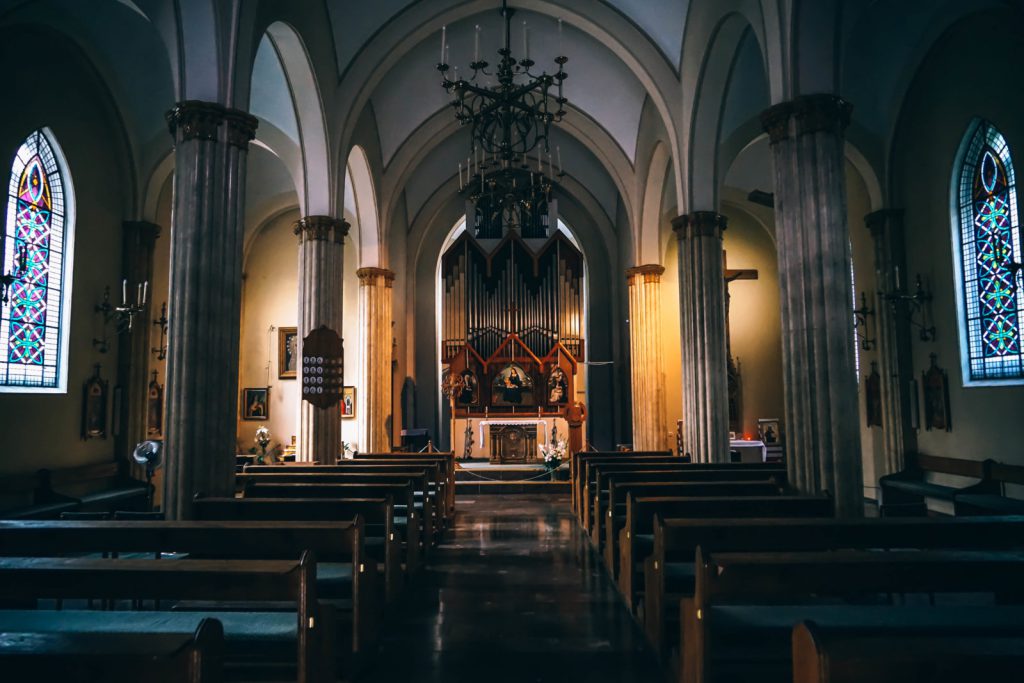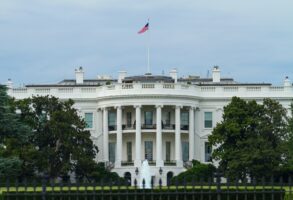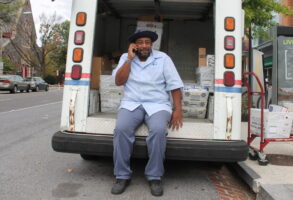
Published August 24, 2017
Editor’s Note: In a series of columns, Pascal-Emmanuel Gobry, a Paris-based conservative and fellow at the Ethics and Public Policy Center, will write on an alarming trend, which he calls the Francification of America.
France and America are countries linked at birth. Each has always seen in the other a funhouse-mirror version of itself, and they have used each other to try to understand themselves. Writers such as Alexis de Tocqueville in the 19th century and Jean-Jacques Servan-Schreiber in the 20th wanted France to be more like America; today, Gobry argues, America is turning into France, and in the wrong ways.
If there’s one way in which America and France differ from each other, it’s in the role of religion. America famously stands out among Western nations for its religiosity, and France for its rigidly enforced secularism.
But the picture is more complicated than that. France has many religious people, and America has a strongly secular contingent, which tends to occupy the country’s elite perches. The Christian sociologist Peter Berger famously quipped that if the most religious country on earth is India, and the most secular is Sweden, then America “is a nation of Indians run by Swedes.” America’s Swedes tend to view their irreligion not as one worldview among many in a country built on pluralism but rather as a set of standards to enforce on a reticent country. Hence their horror at the Christian Right, and the latter’s populist and democratic appeal to many Americans (giving us the slogan “the moral majority”).
But the ground has begun to shift. Americans are less and less religious — or at least, less and less churched. As Ross Douthat has pointed out in his invaluable book A Nation of Heretics, Americans are not turning into Christopher Hitchens–style militant atheists; they believe in God, in spirituality, in the numinous, in numbers at least as large as ever. What they are rejecting however, is institutional forms of religion, whether Protestant or Catholic, whether black or white. They are therefore rejecting Christian orthodoxy, with significant cultural consequences.
In terms of politics, however, this may end up being a distinction without a difference. After all, as the secularist creed proclaims, it doesn’t matter what people believe in their hearts of hearts, so long as they leave it there. (That this creed is hypocritical, since secularists have no problem bringing their own metaphysical commitments to politics, is another matter.)
The sociologists Christian Smith and Melinda Lundquist Denton coined the phrase “moralistic therapeutic deism” (MTD) to describe the actual religious beliefs of most American youth. (They said this in 2005, meaning that the youth they studied are voting adults today.) MTD is a religion whose adherents might go to a Christian church and say (and perhaps believe) that they are Christian. MTD bears almost no relation to historic Christianity, however. “The central goal of life is to be happy and to feel good about oneself,” as Smith and Denton put it. And God is “something like a combination Divine Butler and Cosmic Therapist: He’s always on call, takes care of any problems that arise, professionally helps his people to feel better about themselves.”
The point is this: America is not secularizing in the same way as France has, in a centuries-long and sometimes bloody divorce between altar and a throne turned secular; but its own path toward a watered-down religious middle, led by an aggressive and resourceful secular minority, may lead to the same outcome.
After all, the 2016 election was exceptional in many respects, but one of the lesser-commented-on facts is that it featured two of the most publicly secular candidates in American history. Despite protestations to the contrary, it was clear from their words and deeds that the putatively Christian candidates had little interest in public professions of faith or discussion of the Christian gospel. (Compared to Hillary Clinton and Donald Trump, Barack Obama sounds like Thomas Merton.)
On the GOP side, the Trump candidacy exposed the distinct lack of Christian beliefs of a near-majority of voters of the supposed party of the Christian Right and, for that matter, of many of their pastors. (Or we can say that these voters, if believers, were not ready to act on their beliefs, which, for the purposes of political analysis, is the same.)
Progressives have been trying to secularize America for as long as there have been progressives, but today they stand closer to that goal than ever. And while there are many proximate causes, the fundamental one is the distinct weakening of real Christian belief among most Americans. This is another way in which America is Frenchifying — paradoxically, at a time when, in this dimension, France is Americanizing and becoming more Catholic.
— Pascal-Emmanuel Gobry, a Paris-based writer, is a fellow at the Ethics and Public Policy Center.








